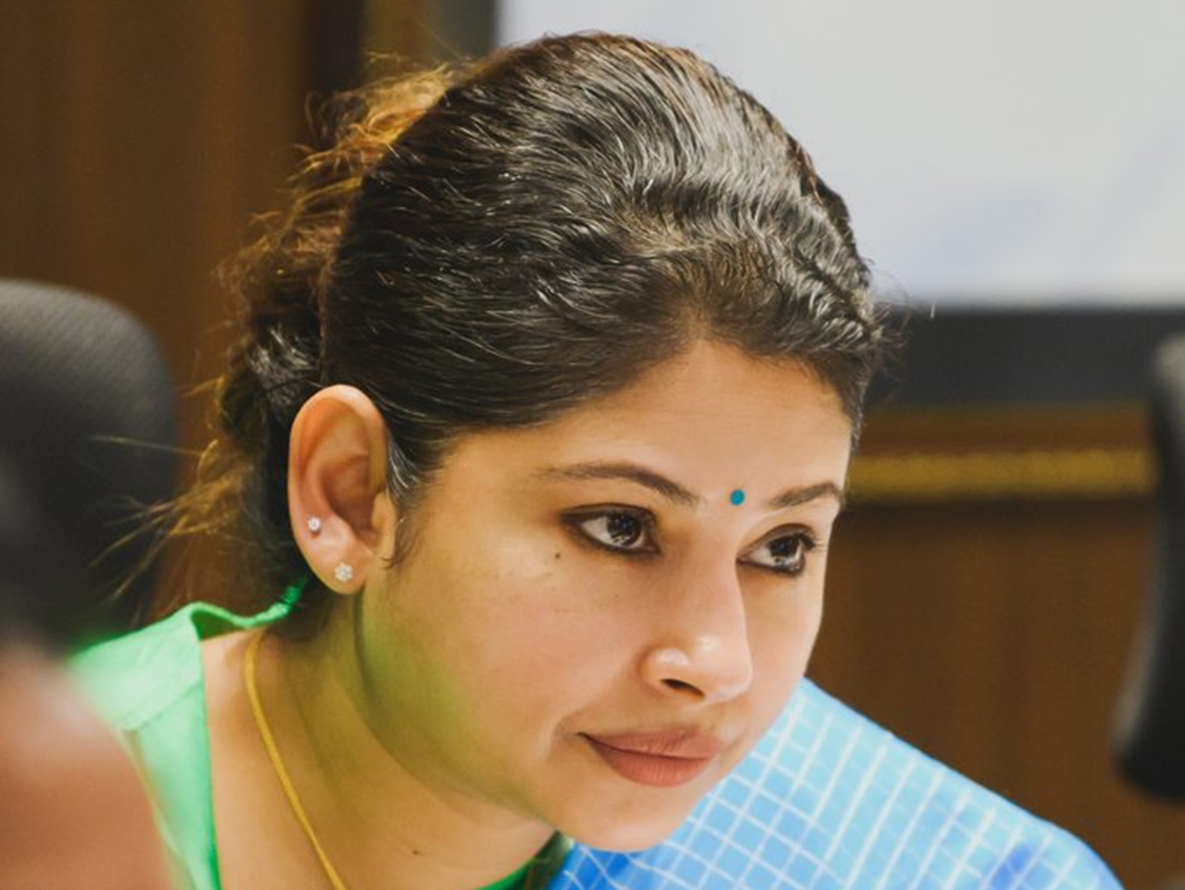In a significant development, the Supreme Court of India has come down heavily on Patanjali Ayurveda, the popular Ayurvedic products company founded by Baba Ramdev. The court’s stern action comes in response to the company’s persistent and misleading advertisements related to medicinal cures.
Background
Patanjali Ayurveda has been under scrutiny for its claims that certain products can permanently cure various ailments. Despite a previous order from the apex court, the company continued to disseminate misleading information about its offerings. This disregard for the court’s directive raised serious concerns about public health and consumer trust.
Court’s Verdict on Patanjali
A bench comprising Justices Hima Kohli and Ahsanuddin Amanullah took cognizance of Patanjali’s actions. The court observed that immediately after the apex court’s order on November 21, 2023, the company and its promoters organized press conferences and released advertisements that violated the Drugs and Magic Remedies (Objectionable Advertisements) Act, 1954. These advertisements claimed to cure ailments caused by sugar, obesity, blood pressure, and other diseases.
Contempt Proceedings Initiated
The court issued a contempt notice to Patanjali Ayurveda and its Managing Director, Acharya Balkrishna, demanding an explanation for their actions. The notice seeks to determine why contempt proceedings should not be initiated against them. The court expressed strong disapproval, emphasizing that the company had taken not only the court but also the entire country for granted.
Allopathy vs. Ayurveda
Senior advocates representing the Indian Medical Association argued that Patanjali’s misleading advertisements targeted and denigrated the allopathy branch of medicine. Such actions, they asserted, should not be permitted. The court concurred, stating that it amounted to commercial propaganda and could not be countenanced.
Immediate Ban on Patanjali Advertisements
As a consequence of Patanjali’s continued defiance, the Supreme Court ordered an immediate ban on the company’s advertisements related to medicinal products. This ban will remain in effect until further orders. The court also scheduled a hearing for March 15, 2024, to assess the situation further.
Response from Patanjali
Former Delhi High Court judge G. S. Sistani, representing Patanjali Ayurveda, requested additional time to respond to the allegations leveled by the Indian Medical Association. He sought three weeks to prepare a comprehensive response.
Heavy Fines Looming
The court’s warning to Patanjali is clear: any further misleading advertisements will attract heavy fines. The company must now tread carefully and adhere to legal norms while promoting its products.
In a country where health and wellness are paramount, the Supreme Court’s decisive stance sends a strong message to all companies: truthfulness and responsibility in advertising are non-negotiable. Patanjali Ayurveda’s case serves as a reminder that misleading claims can have serious consequences.
Sources:






































